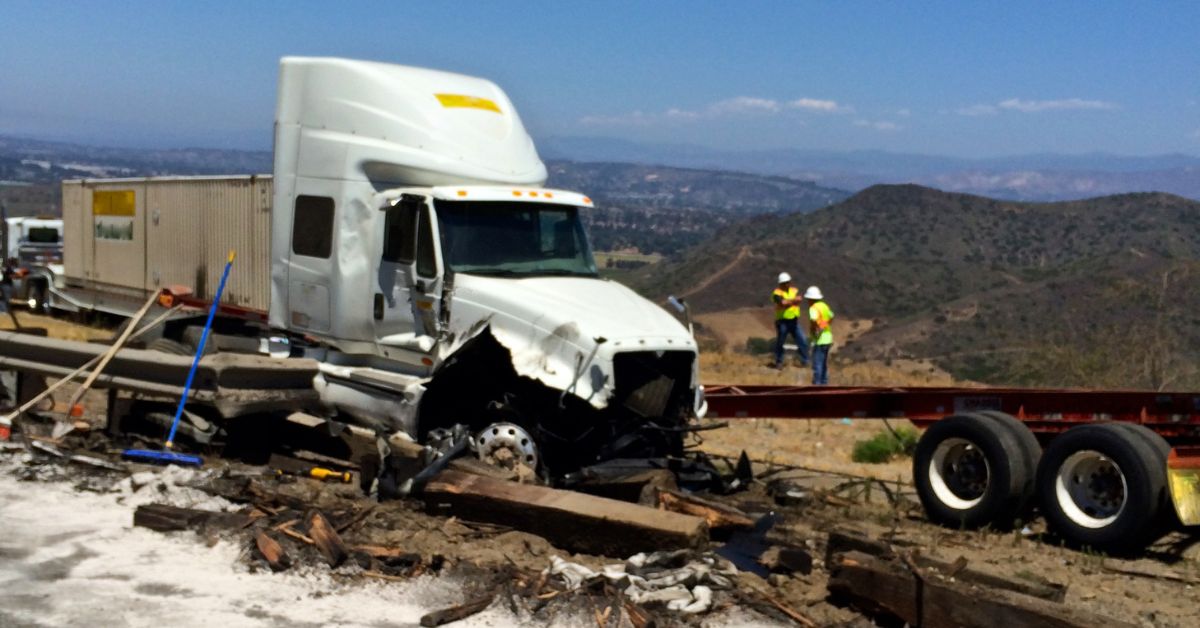Black Boxes in Truck Accident Investigations: What to Know

Should you become the victim of an accident involving a commercial truck, you are likely to face steep expenses. You need to take every measure possible to support your insurance claim and seek the maximum compensation for your medical bills, repair costs, and non-economic losses such as pain and suffering.
Commercial truck accidents often provide valuable pieces of evidence to victims: black boxes. What is a black box, and how can it benefit your truck accident investigation? Learn everything you need to know about truck accident black boxes here.
All Commercial Trucks Must Have Black Boxes
In 2015, the Federal Motor Carrier Safety Administration passed a federal law mandating that all commercial trucks contain electronic logging devices (ELDs). These computerized devices track a truck’s movements and the driver’s habits, often providing valuable evidence in truck accident cases.
Truck manufacturers install the black box under the truck’s steering wheel dashboard. This position protects the black box from damage during most types of collisions.
Black box mandates are in place for a few reasons:
- To hold truck drivers accountable to safe driving policies
- To provide evidence after truck accidents
- To create a safer work environment for truckers
- To automatically record trucker driving time (instead of truckers needing to manually record data)
As a truck accident victim, you can use information from these event data recorders to support your claim.
What Types of Information Do Black Boxes Record?
A truck’s black box records extensive amounts of data, including:
- The speed at the time of an incident
- The truck’s average speed
- Seatbelt usage
- Driving time
- Brake activity, including instances of slamming the brakes
- Trip distance
- Oil pressure
- Airbag deployment
- Steering wheel position
- Load factor
- Acceleration
- GPS location
Any of this data can help investigators determine the cause of the accident — and support your case as the truck accident victim. Be sure to request black box data right away, as sometimes data is erased to make room for new data.
Here are a few examples of helpful information. For instance, the black box may show that:
- The truck driver was speeding at the time of the accident
- The driver had been working for more than legally allowable time without a break, indicating potential fatigue
Is Black Box Data Enough To Prove Your Innocence?
If you know that the truck driver was at fault for your accident, you may assume that the black box will provide all the evidence necessary to prove their negligence. But insurance companies look at all available evidence to reconstruct the accident scene and determine liability.
Many states use a “proportionate responsibility” policy for determining accident negligence. Through this policy, the insurance company could find you partially responsible for the accident, even if the black box data shows that the truck driver was also negligent. If you are assigned a percentage of the blame, your compensation amount will reduce by that percentage.
What if a Truck Didn’t Have a Black Box at the Time of the Accident?
Under the federal mandate, commercial trucks and buses must have event data recorders — but some trucking companies violate this mandate to save money or hide unsafe working conditions.
If the truck involved in your accident did not have a black box, the truck company may face legal consequences. But unfortunately, these consequences probably won’t benefit your case.
You’ll still need to provide evidence that the truck driver was at fault, and you won’t have access to the evidence you usually would in a truck accident. Working with a knowledgeable attorney is crucial as you seek other forms of proof to support your case.
Contact Fadduol, Cluff, Hardy & Conaway, P.C. — Experienced Truck Accident Attorneys
The attorneys at Fadduol, Cluff, Hardy & Conaway, P.C. have extensive experience helping accident victims support their innocence with the use of data from truck accident black boxes. Are you looking for legal representation and guidance after a truck accident? Look no further — call 432-335-0399 today.
